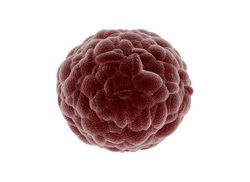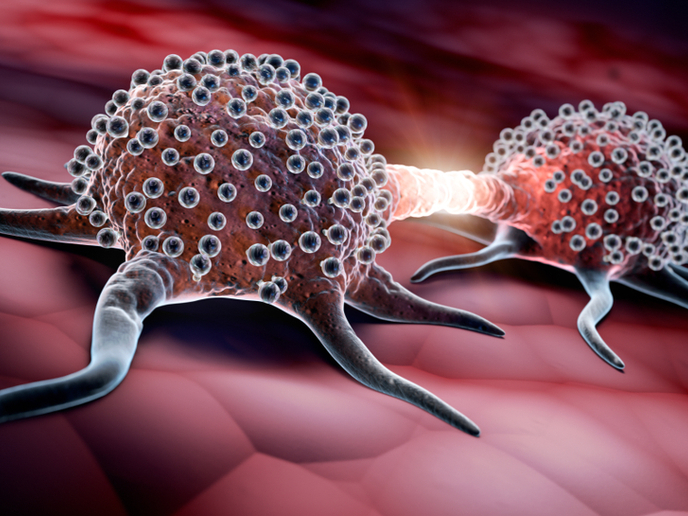Are breast and prostate cancer hereditary?
Discovering the genetic background linked to cancer is extremely challenging since most types are caused by several factors acting together. Breast and prostate cancer are diseases with a substantial genetic component and a high cure rate when diagnosed early. Therefore, frequent screening of individuals with high genetic risk would facilitate early detection and eventually lead to lower mortality. It has been estimated that genetic factors contribute over 40 % of the variation in prostate cancer risk and 27 % of breast cancer risk. Linkage studies of cancer families have identified two tumour-suppressor genes, BRCA1 and BRCA2, as closely associated with breast cancer. However, little is known about the genetic risk factors of prostate cancer. The EU-funded project 'Inherited risk of breast and prostate cancer' (Polygene) has performed association genetic studies to determine inherited risk factors that contribute to breast and prostate cancer. The project used the well known genetic approach of genome-wide association studies (GWAS) to reveal potential links between single nucleotide polymorphisms (SNPs) and the risk of developing breast or prostate cancer. Statistical and computational methods were also developed and used to analyse genetic and association data. The Polygene project identified six and four variants that affect prostate and breast cancer risk, respectively. Incorporation of these and other genetic variants into genetic risk models suggest that low-risk variants can be useful in predicting cancer risk. Genetic testing for cancer will grow as more variants are identified and included. By studying the genetic basis of cancer, risk assessment will be improved and eventually increase the screening efficiency among a population. In addition, growing knowledge on the biological pathways that are implicated in the pathologies of breast and prostate cancer will open the door for development of more effective therapies.







